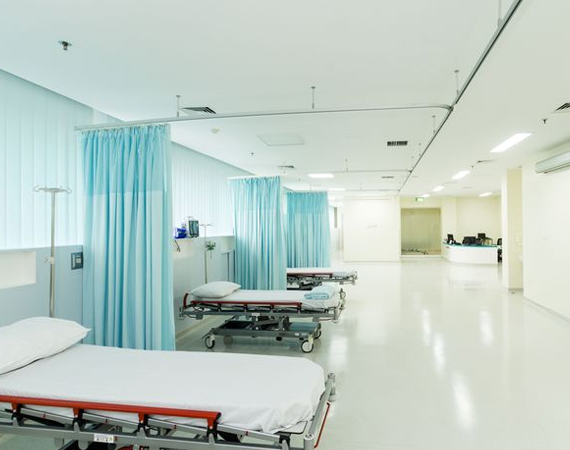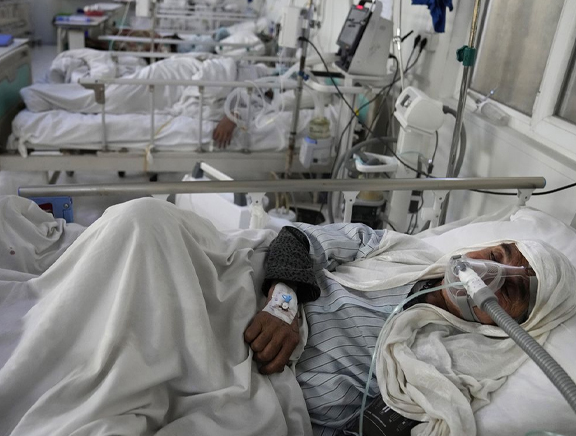high dependency unit

High Dependency Unit
High Dependency Units (HDUs) are a step down from ICUs. HDUs are for people who are not critically ill but require constant monitoring and care. The ratio of nurses to patients may be slightly lower than in intensive care but higher than in most general wards.
Caring for a high-dependency patient is very different from caring for a ward patient. HDU patients rely on nursing staff and doctors' teams for medication and other support services. While visiting an HDU is not strictly prohibited, they have reserved hours for the patient's attendants or family members. Patients need proper health assessments for issues before transferring to HDU.
- Any physical or psychological problems
- The likelihood of any problems developing in the future
- Their current rehabilitation needs
HDUs are for different purposes as per the doctor's recommendation. Some are admitted pre and post-surgery for clinical observation purposes. Many are shifted from ICU after their health stabilizes after emergency hospitalization. Most of the time, transfer from ICU to HDU is a sign of improvement and a step closer to going home.
Uses of HDU units
- Management of critically ill patients not dependent on life support
- Management of post-operative patients
- Monitoring of acute ischemic stroke patients
- Management and monitoring of patient's health after discharge from the ICU

What is the need for HDU?
HDUs help reduces the overload on the ICUs. Critically ill patients admitted due to emergencies in the ICU cannot be transferred to the general ward when they feel better. In those cases, HDU comes in handy. The team of nurses and doctors constantly monitors the patients in HDU. It is impossible in the general ward.
HDUs are an option for post-surgical observation. Patients after major surgeries are often transferred to HDU to keep them under observation. Patients who need constant cardiac monitoring, dressings, tractions or help in mobilization require the level of services provided in the HDU.
FAQs
Do you have any Questions? We are here!

HDU stands for High Dependency Unit. It is a specialized unit in a hospital that provides a higher level of care than a regular ward but less than an Intensive Care Unit (ICU).
Patients who need closer monitoring and more intensive medical attention than can be provided in a regular ward may require HDU care. This includes patients who are critically ill, have unstable vital signs, or require specialized medical treatments.
The length of stay in HDU varies depending on the patient's condition and response to treatment. Some patients may only require a few days of HDU care, while others may require a longer stay.
No, HDU and ICU are two different levels of care. ICU provides the highest level of care for critically ill patients who require constant monitoring and life support, while HDU provides a higher level of care than a regular ward but less than an ICU.
Why choose us?
Safe Care: Delivering health care which minimizes risks and harm to service users.
Reliable Care: Ability to successfully provide safe and person-centered care repeatedly. That we are effective, efficient and accessible/timely.
Patient Experience: Patients are an integral part of experiencing quality and safety related processes and are the ultimate recipients of care and judges of quality. That we are equitable and patient-centered in service delivery.
